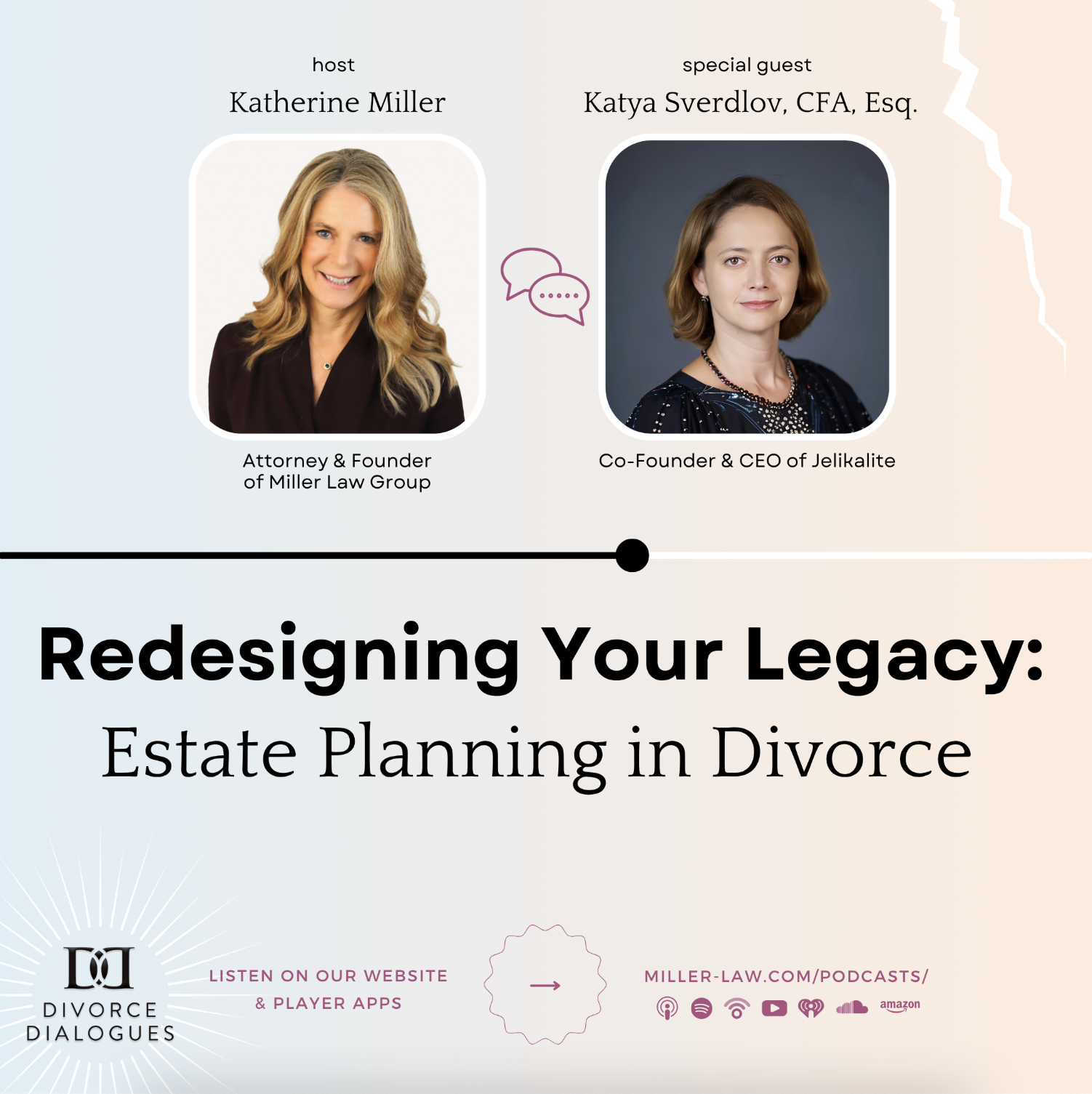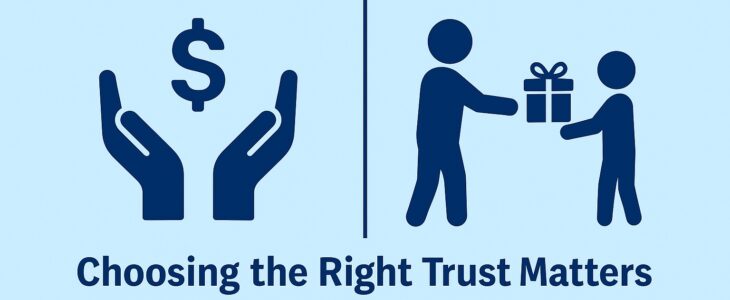
Podcast Feature: Katya Sverdlov on Divorce Dialogues
We’re pleased to share that Katya Sverdlov, Esq., recently joined Katherine Miller on the Divorce Dialogues podcast for an in-depth discussion on some of the most pressing issues people face during and after divorce. The conversation touched on:
Medicaid planning is essential for individuals with total...
Podcast Feature: Katya Sverdlov on Divorce Dialogues Continue reading…
Do You Need Wills in Two Countries? How to Handle Cross-Border Estate Planning
Do you own assets or have residences in multiple countries? If so, you may wonder whether you need wills in each country. An experienced estate planning lawyer can walk you through the complexities of handling cross-border estate planning.
Understanding Cross-Border Estate Planning
Cross-border estate planning...
Do You Need Wills in Two Countries? How to Handle Cross-Border Estate Planning Continue reading…

Why Your Estate Planning Attorney Needs to Know About Mental Health Challenges in Your Family
When you sit down for an estate planning consultation, you’re making one of the most important arrangements for your family’s future. You might feel concerned—or even embarrassed—about discussing sensitive issues such as mental health challenges, addiction, or other personal struggles affecting you, your children, or your extended relatives. But here’s why complete...
Why Your Estate Planning Attorney Needs to Know About Mental Health Challenges in Your Family Continue reading…
Can You Still Qualify for Medicaid If Your Income Is Too High?
For many seniors in New York, Medicaid is the only way to afford long-term care at home or in a nursing facility. But if your income seems too high, you might worry that you don’t qualify. The good news is that there are legal tools and planning strategies that can help you...
Can You Still Qualify for Medicaid If Your Income Is Too High? Continue reading…

Mental Illness or Misbehavior? Why the Distinction Matters for Parents
Compassionate Legal Planning for a Child’s Future
How to Tell the Difference: Mental Illness vs. Behavioral Problems
When a child exhibits concerning behaviors—such as mood swings, outbursts, or poor judgment—parents face a daunting question: Is this simply misbehavior, or a sign of...
Mental Illness or Misbehavior? Why the Distinction Matters for Parents Continue reading…

Special Needs Trusts in New York: 1st-Party vs. 3rd-Party SNTs
Understanding Special Needs Trusts
When planning for a child with a disability in New York, selecting the right type of Special Needs Trust (SNT) is crucial. The correct trust preserves eligibility for essential benefits like Medicaid and SSI, while allowing your child to receive financial support and...
Special Needs Trusts in New York: 1st-Party vs. 3rd-Party SNTs Continue reading…

Can a Child with Disabilities Sign Legal Documents in New York?
Special Needs Legal Planning: Guardianship vs. Power of Attorney in NY
Understanding Legal Capacity in New York
When a child with a disability turns 18 in New York, they are legally considered an adult—regardless of cognitive ability. This transition can be both...
Can a Child with Disabilities Sign Legal Documents in New York? Continue reading…
Why Adding Your Child to Your Deed Might Be a Big Mistake
Many New York homeowners consider adding their adult children to their property deeds as a seemingly straightforward way to pass down their homes. The reasoning often makes sense at first glance: you want to avoid probate, ensure your property goes to your intended heir, and potentially simplify your estate. However, this well-intentioned...
Why Adding Your Child to Your Deed Might Be a Big Mistake Continue reading…
How to Protect Your Home from Long-Term Care Costs Without Risking Your Assets
Long-term care in New York is expensive. If you or a loved one needs nursing home care, the cost can reach $150,000 or more each year. Many families worry they’ll lose their home or be forced to sell property just to qualify for Medicaid. But you don’t have to wait until there’s...
How to Protect Your Home from Long-Term Care Costs Without Risking Your Assets Continue reading…
Special Needs Trusts vs. ABLE Accounts: Which One Is Right for Your Family?
Planning for a loved one with a disability means finding ways to provide financial support while protecting access to government benefits. The right approach allows them to maintain independence and security without jeopardizing programs like Medicaid or Supplemental Security Income (SSI). Some families choose to set aside funds through a special needs...
Special Needs Trusts vs. ABLE Accounts: Which One Is Right for Your Family? Continue reading…

